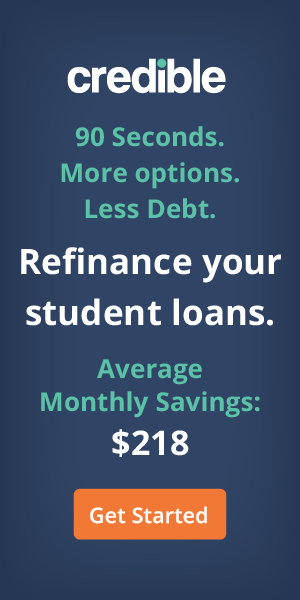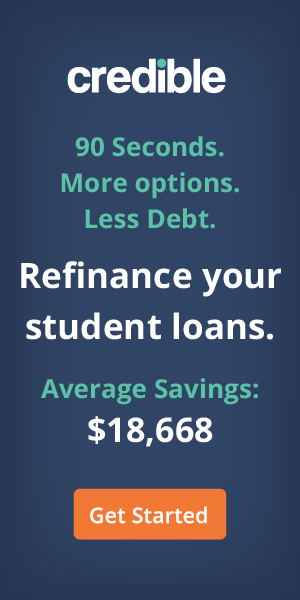Loan types vary because each loan
has a specific intended use. They can vary by length of time, by how interest
rates are calculated, by when payments are due and by a number of other variables.
1. Student Loans
Student loans are offered to college
students and their families to help cover the cost of higher education. There
are two main types: federal student loans and private student loans. Federally
funded loans are better, as they typically come with lower interest rates and
more borrower-friendly repayment terms.
Learn more about student
loans.
2. Mortgages
Mortgages are loans distributed by
banks to allow consumers to buy homes they can’t pay for upfront. A mortgage is
tied to your home, meaning you risk foreclosure if you fall behind on payments.
Mortgages have among the lowest interest rates of all loans.
Learn more about mortgages.
3. Auto Loans
Like mortgages, auto loans are tied
to your property. They can help you afford a vehicle, but you risk losing the
car if you miss payments. This type of loan may be distributed by a bank or by
the car dealership directly but you should understand that while loans from the
dealership may be more convenient, they often carry higher interest rates and
ultimately cost more overall.
Learn more about auto
loans.
4. Personal Loans
Personal loans can be used for any
personal expenses and don’t have a designated purpose. This makes them an
attractive option for people with outstanding debts, such as credit card debt,
who want to reduce their interest rates by transferring balances. Like other
loans, personal loan terms depend on your credit history.
Types of Personal Loans
There are two types of personal
loans — secured and unsecured.
·
Unsecured loans aren’t backed
by collateral. The lender decides whether you qualify based on your financial
history. If you don’t qualify for an unsecured loan or want a lower interest
rate, some lenders also offer secured options.
·
Secured loans are backed by
collateral, such as a savings account or CD. If you’re unable to make your
payments, your lender typically has the right to claim your asset as payment
for the loan.
Learn more about personal
loans.
5. Loans for Veterans
The Department of Veterans Affairs
(VA) has lending programs available to veterans and their families. With a
VA-backed home loan, money does not come directly from the administration.
Instead, the VA acts as a co-signer and effectively vouches for you, helping you
earn higher loan amounts with lower interest rates.
Learn more about VA
loans.
6. Small Business Loans
Small business loans are granted to
entrepreneurs and aspiring entrepreneurs to help them start or expand a
business. The best source of small business loans is the U.S. Small Business
Administration (SBA), which offers a variety of options depending on each
business’s needs.
Learn more about small
business loans.
7. Payday Loans
Payday loans are short-term,
high-interest loans designed to bridge the gap from one paycheck to the next,
used predominantly by repeat borrowers living paycheck to paycheck. The
government strongly discourages consumers from taking out payday loans because
of their high costs and interest rates.
Learn more about payday
loans.










